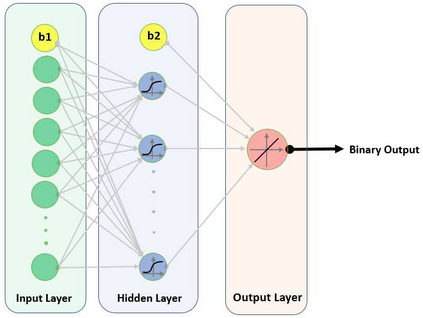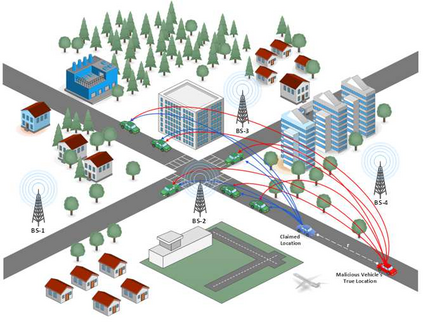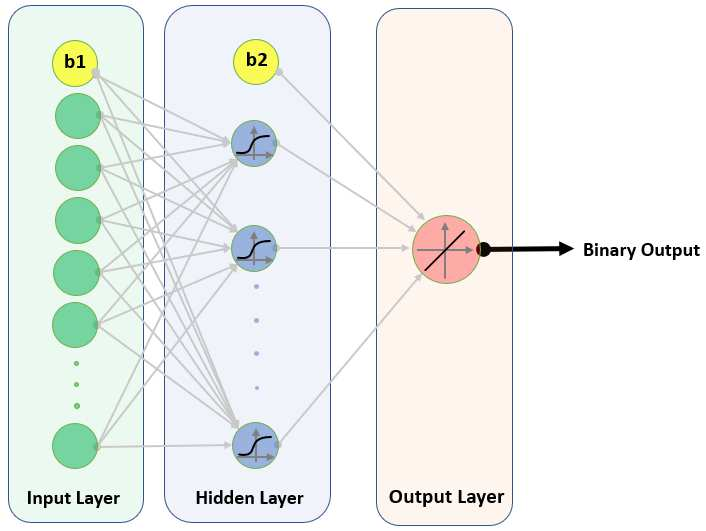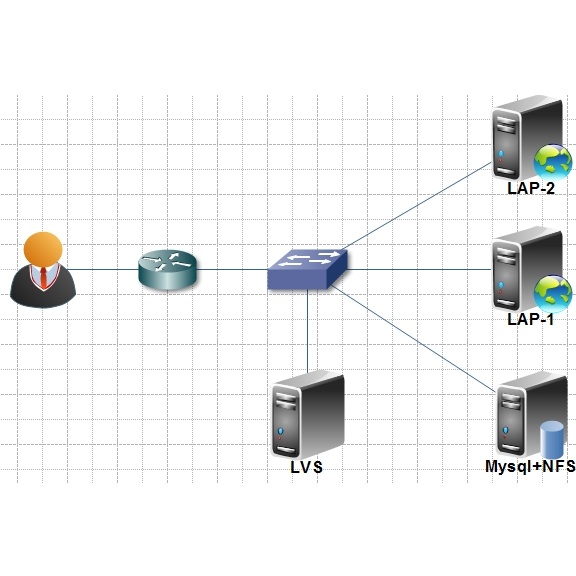Location information claimed by devices will play an ever-increasing role in future wireless networks such as 5G, the Internet of Things (IoT), and Intelligent Transportation Systems (ITS). Against this background, the verification of such claimed location information will be an issue of growing importance. A formal information-theoretic Location Verification System (LVS) can address this issue to some extent, but such a system usually operates within the limits of idealistic assumptions on a priori information on the proportion of genuine user-vehicles in the field. In this work we address this critical limitation by the use of a Deep Neural Network (DNN) showing how such a DNN based LVS is capable of efficiently functioning even when the proportion of genuine user-vehicles is completely unknown a-priori. We demonstrate the improved performance of this new form of LVS based on Time of Arrival (ToA) measurements from multiple verifying base stations within the context of vehicular networks, quantifying how our DNN-based LVS outperforms the stand-alone information-theoretic LVS in a range of anticipated real-world conditions.
翻译:在这种背景下,核实这种声称的定位信息将是一个日益重要的问题。一个正式的信息-理论位置核查系统(LVS)可以在某种程度上解决这一问题,但这种系统通常在预先假定实地真正用户车辆比例信息的理想假设范围内运作。在这项工作中,我们通过使用深神经网络(DNN)来解决这一关键限制,显示这种基于DNN的LVS如何能够有效运作,即使真正的用户车辆比例完全未知一个首要条件。我们证明,根据抵达时间(ToA)测量的这种新的LVS形式,在地面网络范围内,从多个核查基站得到的改进,量化我们的DNNVS在预期现实世界范围内如何超越独立的信息-理论LVS。







